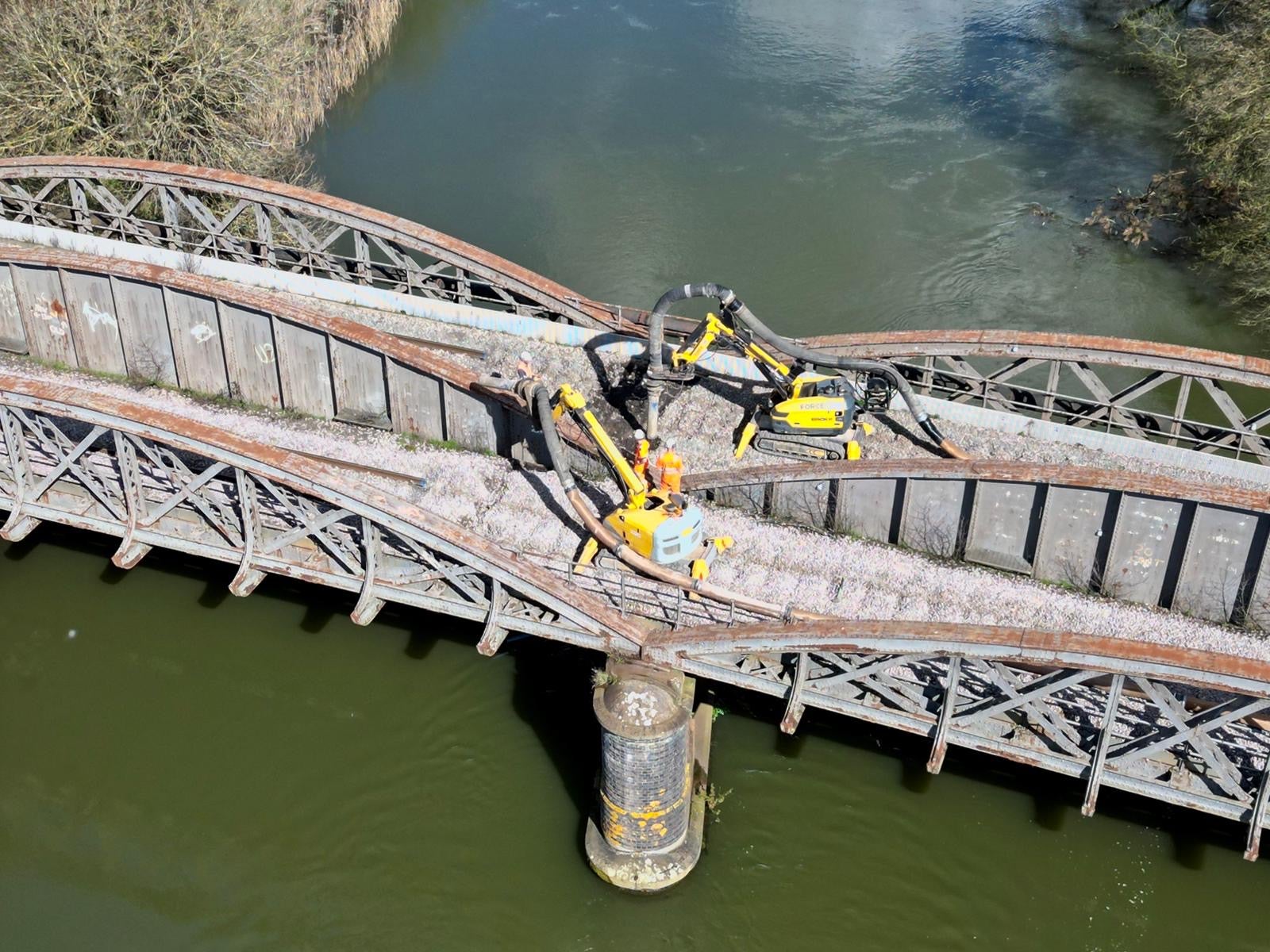First strikes, now cheap tickets are at risk: How much more can rail passengers take?
Passengers are being chased away by everything from strikes to short-notice engineering work, writes Simon Calder


Twenty million people in the UK do not have access to a car. Millions who do drive would, often, prefer rail to road. But after 25 years of steady growth and improvement in train services to the start of 2020, the rail network is sliding into a steep spiral of decline.
The revelation from my colleague, Jon Stone, that the typical 12-week window for buying advance train tickets could be cut to just eight weeks, reveals one more hurdle for the rail passenger to navigate. Network Rail, which is seeking approval for giving less notice of engineering closures to train operators, is also unable to “operate, maintain and renew” at the current funding levels.
Add in strikes – with one in 10 days affected by national rail walkouts in the past year – and the failure to reform train fares – and the attraction of cars, buses and planes intensifies.
These are the key issues.
Strikes
On Midsummer’s Day 2022, the first national rail strike since the 1980s took place. Since then, 37 days have been hit by nationwide walkouts involving one or both of the main rail unions: Aslef, representing train drivers, and the RMT – whose members work on trains and at many stations.
Strikes took place on 2 and 3 June and are set to continue through the summer, with the unions and employers (who are ultimately being directed by the government) further apart than ever.
Rail workers are demanding a decent pay increase with no strings attached, while the train operators – and ministers, who will sign off the final deal – say a modest wage rise is possible only with changes to increase productivity.
Toxic industrial relations
Over the past year, Avanti West Coast and TransPennine Express have been making many short-notice cancellations as well as deploying “emergency timetables” with many services axed. The train operators blame staff shortages exacerbated by Covid, unusually high sickness levels and a ban on drivers working on rest days.
The unions disagree. Aslef says of the outgoing TransPennine Express management: “This is a company which doesn’t know how to run a railway.” The intercity operator for northern England and southern Scotland has now been brought into public ownership – but the fundamental problems remain, and attitudes are hardening as the strikes drag on.
‘Disruption as usual’
Even on days without walkouts, services have been seriously depleted. The crumbling Victorian rail infrastructure needs constant care and expensive attention. The main line connecting the Midlands and northern England with the south coast is closed at Nuneham Viaduct, between Oxford and Didcot. The bridge across the Thames needs emergency repairs because of “a lot of movement in the structure”. It may open next weekend after a two-month closure.
Network Rail is having to choose which stretches of the railway will be ignored in favour of limiting the economic damage caused by unreliable services.
Fares
Didcot, coincidentally, is the station emblematic of the malaise in rail fares. The “Didcot Dodge” describes the perfectly legal practice of splitting tickets. Only a fool would buy a “walk-up” or on-the-day rail ticket between Bristol and London: splitting the journey into a Bristol-Didcot and Didcot-London pair typically saves 40 per cent. For obscure reasons to do with British Rail’s attempt to stimulate demand by cutting fares, very often a one-month return costs only £1 more than a single.
Everyone agrees that the post-privatisation fares system desperately needs comprehensive reform.
But the government is hesitant. Partly this is because of Treasury fears that rail revenue will slump still further. It is also due to fear of the shrill voices in constituencies where average fares would rise as anomalies are ironed out.
Meanwhile, this year saw the biggest increase in national rail fares for a decade. Pity the poor rail traveller.
Join our commenting forum
Join thought-provoking conversations, follow other Independent readers and see their replies
Comments



Bookmark popover
Removed from bookmarks